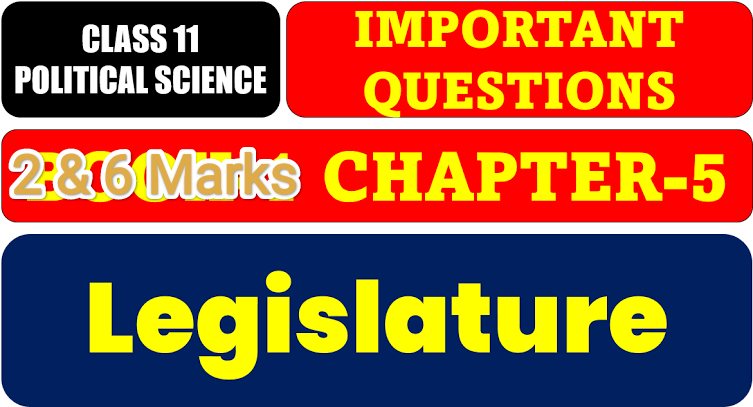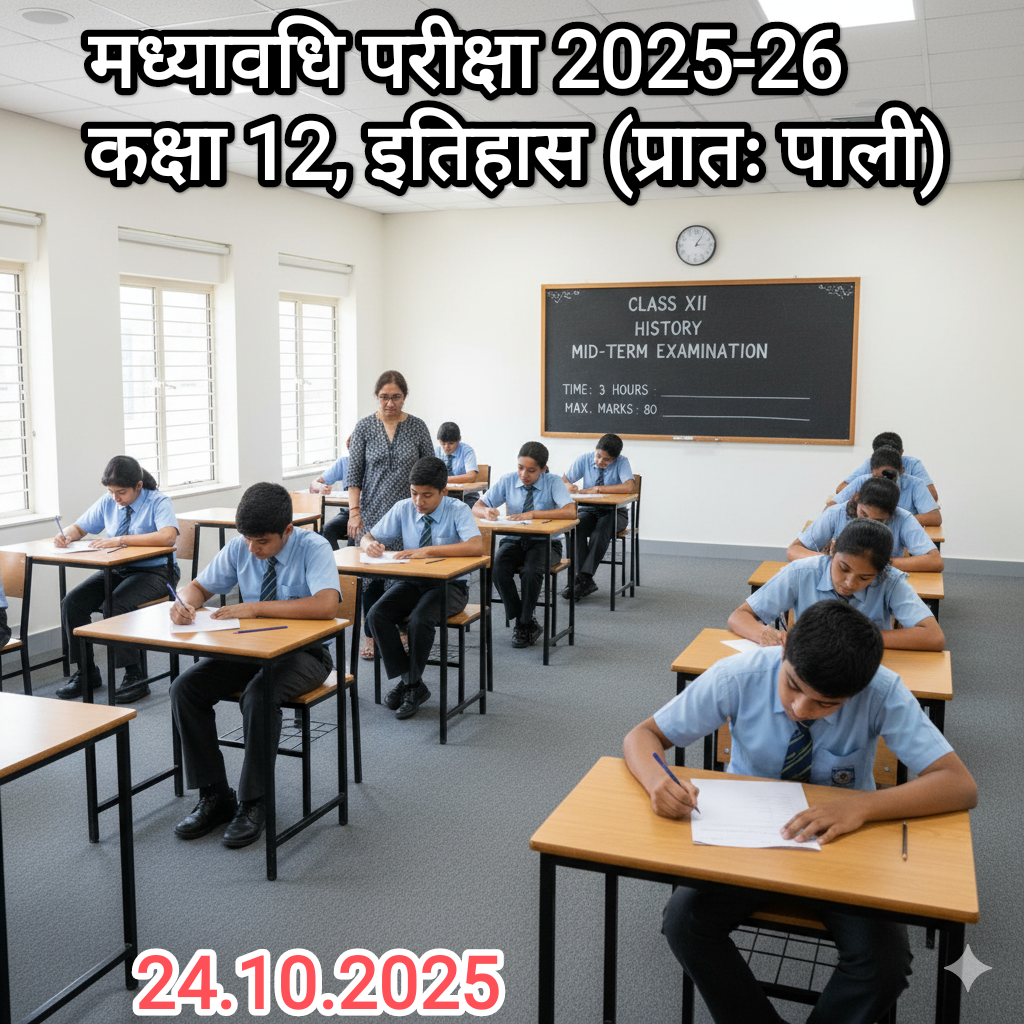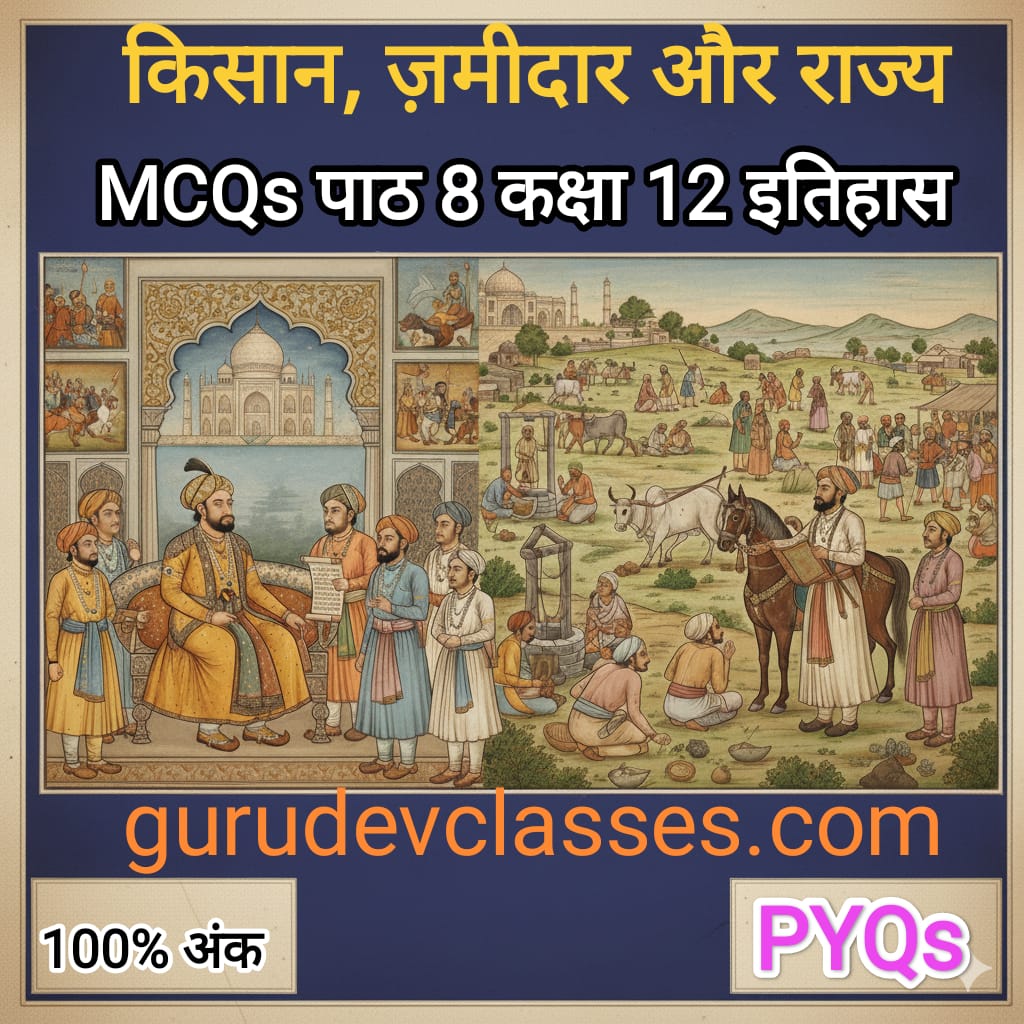2-mark and 6-mark questions of Class 11 Political Science – Chapter 5 (Legislature), all from Previous Year Questions
2 Marks Questions (with Answers & Explanations)
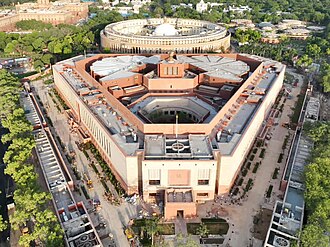
Q1. Who presides over the Rajya Sabha?
Answer: The Vice-President of India.
Explanation: As per Article 64, the Vice-President is the ex-officio Chairman of Rajya Sabha and presides over its sessions.
Q2. What is the maximum gap allowed between two sessions of Parliament?
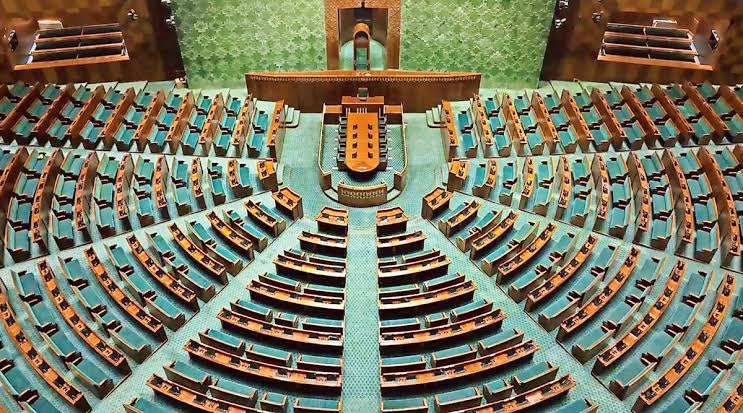
Answer: Six months.
Explanation: Article 85 states that the President must summon each House of Parliament within six months of the last sitting.
Q3. Who has the final authority to decide whether a Bill is a Money Bill?

Answer: The Speaker of the Lok Sabha.
Explanation: Article 110 gives the Speaker exclusive power to certify a Bill as a Money Bill, and this decision cannot be challenged.
Q4. Mention one special power of the Rajya Sabha.
Answer: Rajya Sabha can authorise Parliament to make laws on subjects in the State List.
Explanation: Under Article 249, if Rajya Sabha passes a resolution by a two-thirds majority, Parliament can legislate on State List matters.
Q5. Who presides over the joint session of Parliament?
Answer: The Speaker of Lok Sabha.
Explanation: Article 108 states that in case of a deadlock between the Houses, a joint session is convened and presided over by the Lok Sabha Speaker.
Q6. What is meant by a Bicameral Legislature?
Answer: A legislature with two Houses.
Explanation: India has a bicameral legislature – Lok Sabha (House of the People) and Rajya Sabha (Council of States).
6 Marks Questions (with Answers & Explanations)
Q1. Explain three differences between Lok Sabha and Rajya Sabha.
Answer:
- Tenure – Lok Sabha members are elected for 5 years; Rajya Sabha members serve for 6 years with one-third retiring every two years.
- Strength – Lok Sabha has a maximum strength of 552; Rajya Sabha has 250 members.
- Powers – Lok Sabha has greater financial powers, especially regarding Money Bills, which Rajya Sabha cannot reject.
Explanation: These differences highlight why Lok Sabha is considered the more powerful House in matters of finance and representation.
Q2. Why is the Lok Sabha considered more powerful than the Rajya Sabha? Give reasons.
Answer:
- Money Bills – Can only be introduced in Lok Sabha, and Rajya Sabha can only make recommendations.
- Control over Executive – Lok Sabha controls the Council of Ministers; Rajya Sabha does not.
- Confidence Motion – Government can be removed only if Lok Sabha passes a No-Confidence Motion.
- Budget Approval – The annual budget must be passed by Lok Sabha.
- Direct Election – Members are directly elected by the people, making it more representative.
- Joint Session Power – In a joint sitting, the numerical strength of Lok Sabha ensures its dominance.
Explanation: These reasons prove that Lok Sabha is the stronger House in India’s parliamentary system.
Q3. What are the functions of the Parliament?
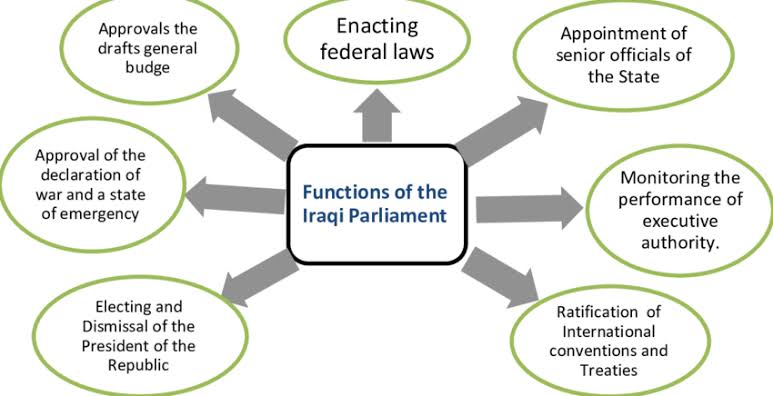
Answer:
- Law-making – Makes laws on Union and Concurrent Lists.
- Financial Control – Passes Money Bills, Union Budget, and grants.
- Executive Control – Holds the Council of Ministers accountable.
- Amendment of Constitution – Can amend provisions of the Constitution.
- Judicial Role – Impeaches the President, judges, and other constitutional officers.
- Electoral Functions – Participates in the election of President and Vice President.
Explanation: Parliament functions as the supreme law-making and oversight body in India, balancing all three organs of government.
Q4. Explain the legislative procedure of an Ordinary Bill in Parliament.
Answer:
- First Reading – Introduction of the Bill.
- Second Reading – Detailed discussion, committee reference, and amendments.
- Third Reading – Final debate and passing of the Bill in the originating House.
- Transmission – Bill sent to the other House for consideration.
- Approval – If passed in both Houses, it is sent to the President.
- Presidential Assent – Once the President gives assent, it becomes a law.
Explanation: This step-wise procedure ensures democratic scrutiny of every Bill before it becomes law.
